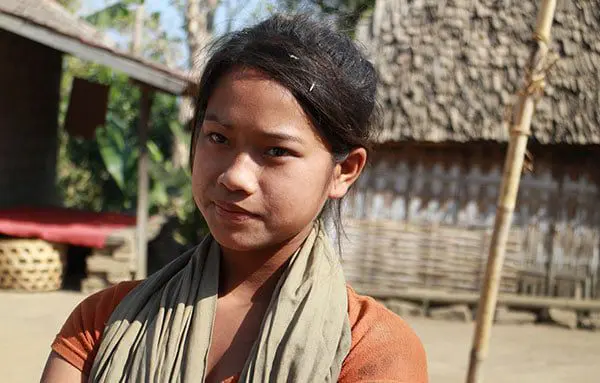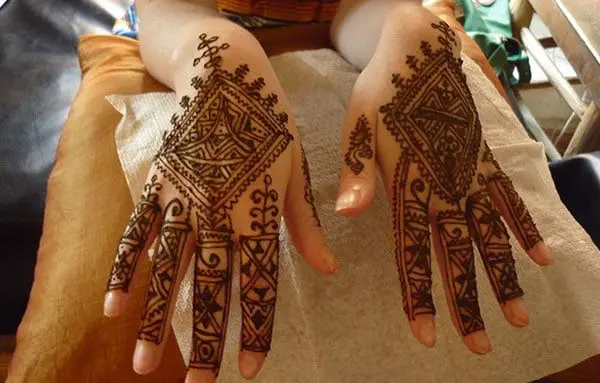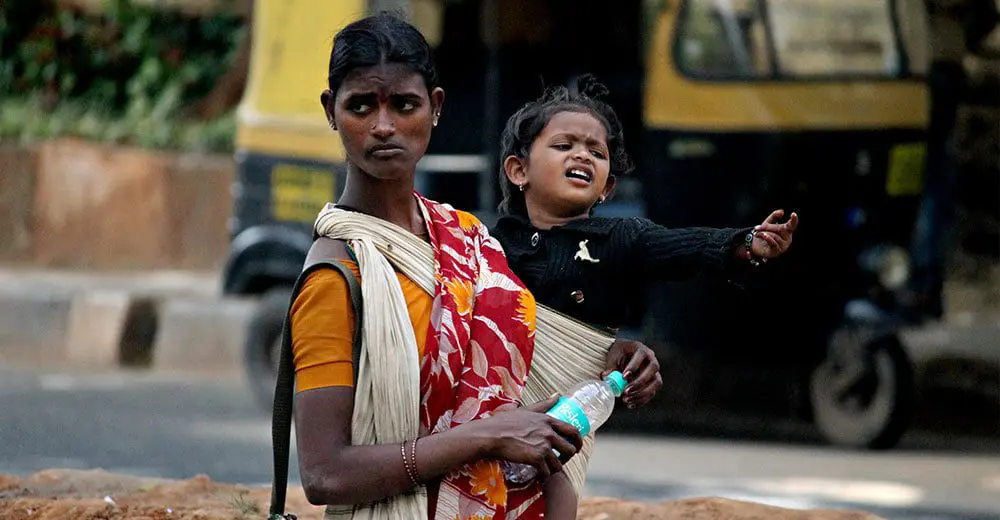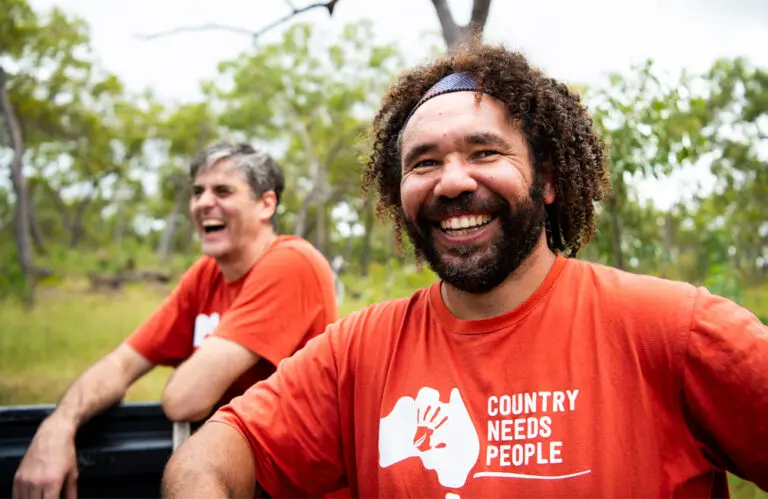Dealing with beggars can be one of the most confronting aspects of travel. But although our gut instinct is to give to those less fortunate than us, is it really the best thing to do?
It’s a scene that tugs at the heart-strings: you’re sitting in a cafe, nursing a coffee that costs a day’s salary in the country you’re travelling in, when a child no more than five years old wanders over to your table with their hand held out. What do you do?
Do you give the child the loose change in your pocket? Or do you shake your head, refusing to give in to the child’s incessant demands?
Unfortunately, although we may feel that giving the child money is the best thing to do, it may actually to more harm than good.

Source: eastbalipovertyproject.org
How?
Firstly, it perpetuates the practice and reinforces the idea that it’s okay to beg for money from tourists. Surely these kids would have a much brighter future if they were in school instead of on the streets, hanging around tourist hotspots for loose change?
Secondly, and more importantly, organised begging is often run by the local mafia (such as in Bali and India) who have no problem kidnapping kids and forcing them into begging.
Even more terrible, these mafia types often have no qualms in maiming these kids (e.g., by amputating their arms; have you seen Slumdog Millionaire?), getting them addicted to serious drugs (to stop them running away), or even starving them in order to attract more pity from passersby.
In other words, giving money to beggars lines the pockets of the bad dudes who run these criminal organisations, and that’s not good for the disadvantaged folk who are routinely taking advantage of.
So then what can you do to help the disadvantaged when you travel?
Instead of giving money to beggars on the street, perhaps you can donate that money to organisations that work to eradicate the need to beg in the first place, such as UNICEF, Save the Children, and Oxfam. As they say, prevention is better than a cure…
You could also visit non-profit cafes and restaurants that provide social services for needy locals on your travels. Henna Cafe in Marrakesh, for example, is one such establishment.
Apart from being THE place to get your hands covered in traditional henna designs, this cafe also provides language lessons to locals for free, which helps them find a job in the growing tourism sector in Morocco.

Source: hennacafemarrakech.com
Of course, not all beggars will be part of an organised crime syndicate, and you should not take this as a a blanket rule against donating money to those in need.
A good rule of thumb I go by is doing as the locals do: if they’re giving money to beggars, then perhaps you can too.
But as is often the case, the easiest thing to do isn’t necessarily the best thing to do. It may be easier to give in to the demands of the beggar, but in doing so, you may be adding fuel to an already blazing fire…
This story is part of our 2017 ‘Travel to change the world’ initiative. You can help by sharing this story to raise awareness and using the hashtag #traveltochangetheworld when you see good will or sustainable initiatives in travel.






